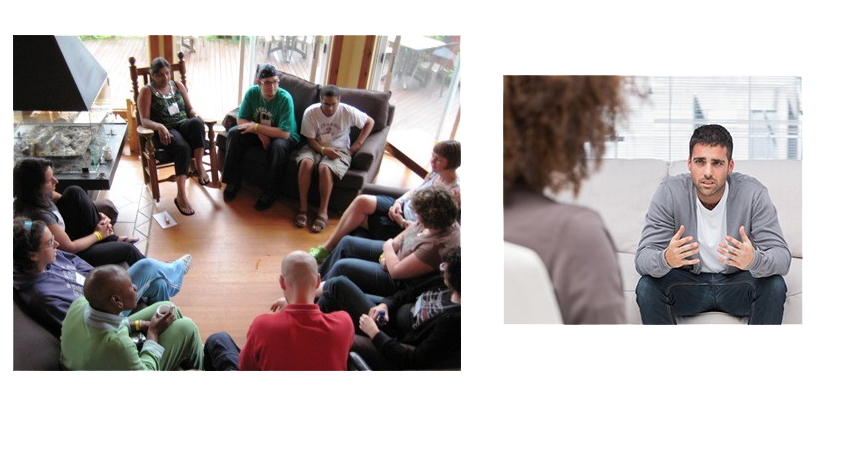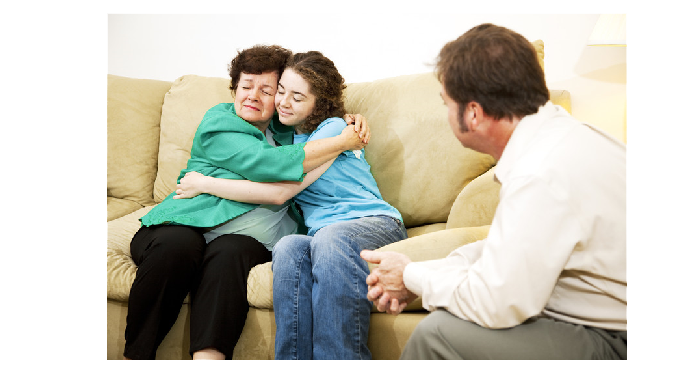State funded drug rehab centers help addicts overcome addiction utilizing state and federal funding to cover the cost of treatment. State run treatment centers allocate funds for treatment and pass the funding for rehab down to county funded treatment centers. This allows for those that need help finding free drug rehab centers the ability to enter into a program for their addiction with no monetary exchange.
Government sponsored rehab centers for addiction are not that much different than the top rated rehab centers. The main difference between a state or county funded drug rehab is the amenities that are offered. Most state run treatment facilities will have 2-4 people per room depending on the size of the rooms in their inpatient rehab center. Location of a state run treatment programs for addiction are usually in more heavily populated cities throughout the state, whereas private drug and alcohol treatment centers are usually in more secluded locations, with private rooms, on the water, or in the mountains. Private Drug rehab centers have a bit better staff to client ratio but that does not always dictate a better program.
Give us a call, 24 hours a day, 7 days a week and we can discuss which type of drug rehab center will best suit your needs.
1-800-819-9973
Give us a call, 24 hours a day, 7 days a week and we can discuss which type of drug rehab center will best suit your needs.
1-800-819-9973
Inpatient treatment vs Outpatient Drug Rehab Centers
This question will cross the minds of most people that have decided that they need to seek some sort of treatment for their addiction. Although outpatient treatment at a state run treatment program can work for some people; we more often times, will recommend going into a treatment center that is inpatient for at least 21 days followed up by outpatient services.
To be successful in a government funded outpatient treatment program you will need to be very self motivated and have a great support system at home for it to be successful. Pressures from home and our old friends can make the journey more difficult, for some people there can still be access to drugs or alcohol making recovery even harder.
How do you get into a state funded rehab?
State run treatment programs can at times, be over crowded. We have a few tips, we would like to share to help expedite the process and hopefully avoid long waiting lists for free treatment services at one of the state sponsored treatment programs in your area.
Call our free help line 1-800-819-9973 and let us help you locate the best state run drug rehab in your area. We have been helping people locate and enter state funded treatment centers since 2002. Take advantage of our free knowledge. Our counselors will direct you to the best state funded drug rehab center in your area.
Once we have connected you with a government funded rehab program, follow through with the steps that the program lays out for you to enter their treatment center. Make sure you call the number when they say to call, be punctual, they are busy. The more willingness and responsibility you show, the more the person at the other end will want to help you. This can have a direct influence on when you can receive treatment and what type of services you will receive.
Once we have connected you with a government funded rehab program, follow through with the steps that the program lays out for you to enter their treatment center. Make sure you call the number when they say to call, be punctual, they are busy. The more willingness and responsibility you show, the more the person at the other end will want to help you. This can have a direct influence on when you can receive treatment and what type of services you will receive.
You will catch more flies with honey. When you talk to the treatment center that we have helped you find, be nice, courteous, and above all, honest about your addiction. This is a job for some people, and working at a drug rehab center can be difficult and at times trying. Try and keep from adding to a possible bad day and I can almost guarantee you will receive better services.
Statistics:
- Over 25% of Americans die prematurely as a result of their addiction.
- More than 23 million patients currently need alcohol treatment or drug treatment and only 3% get it.
- Approximately half of state prison inmates report they were under the influence of alcohol or drugs at the time of their offence.
- 95% percent of untreated addicts die of their addiction.
- The average person dies 26 years earlier than they would normally have.
- 40% of traffic deaths are alcohol related.
- Children of addicts and alcoholics are four times more likely to become addicts and alcoholics themselves than children of non-addicts
- Violent behavior attributed to alcohol use accounts for roughly 49% of murders, 52% of rapes, 21% of suicides and 60% of child abuse
- Rates of alcohol and drug addiction are highest among adults aged 18-29
We know that entering into a state run treatment program is a huge step to take and the commitment to treatment can seem overwhelming. Our counselors are here to help guide you to the right treatment center for your addiction. Entering into a treatment program will be the best decision you can ever make to handle your addiction problem. Our drug rehabilitation programs will change your outlook on life and even make you more successful. Do not wait until something adverse happens to commit to treatment for addiction to drugs or alcohol.
Give one of our counselors a call 1-800-819-9973 and let us help you or someone you love, enter into one of our many state funded drug rehab centers in your area. Help is just a phone call away. Our trained and certified counselors are here to assist you in finding the best solution to handle anyone’s Addiction to drugs or alcohol.
Give one of our counselors a call 1-800-819-9973 and let us help you or someone you love, enter into one of our many state funded drug rehab centers in your area. Help is just a phone call away. Our trained and certified counselors are here to assist you in finding the best solution to handle anyone’s Addiction to drugs or alcohol.



 What is an intervention?
What is an intervention? The intervention process and steps of an intervention.
The intervention process and steps of an intervention.

